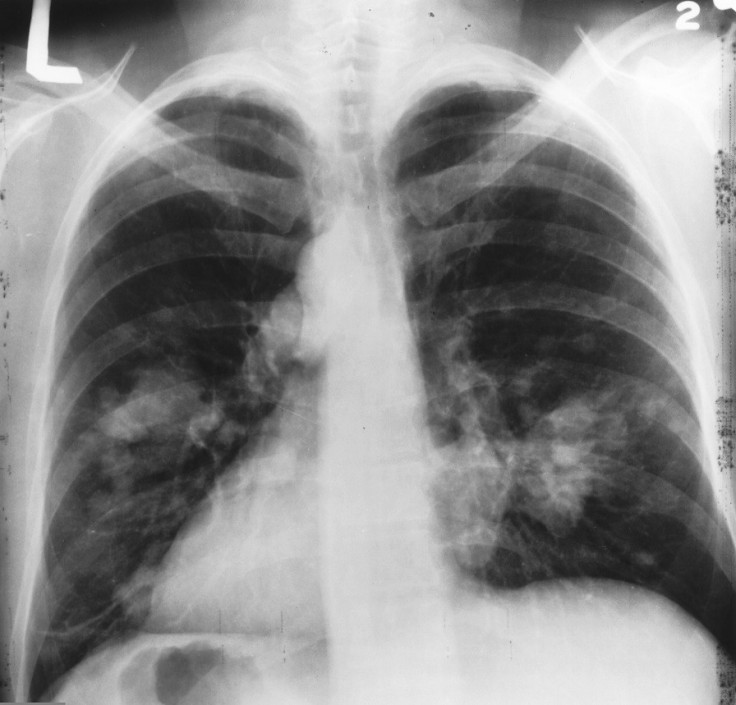'Holy Grail' Cancer Pill That Stops Disease Spreading Offers Hope for Future

The "holy grail" of cancer treatment may be round the corner after scientists discovered a mechanism that stops the spread of tumours.
Researchers at the Institute of Molecular Biotechnology (IMBA) of the Austrian Academy of Sciences say their discovery might result in the development of a pill against metastases – cancers that spread from one part of the body to another.
Metastatic tumours are the most common causes of death among cancer patients.
Published in the magazine Science, the researchers show how a protein called Cbl-b offers a "molecular break" for immune cells.
The immune system is involved in the recognition and destruction of cancer cells, with the whole body trying to fight the disease. With the break, natural killer (NK) cells in the body are able to fight cancer highly effectively.
"If we shut Cbl-b in the NK cells, they will be in focus, so to speak, and significantly reduce metastasis of breast tumours and melanomas," said lead author Magdalena Paolino.
"The authors of this study have been able to take the foot off one of these brakes, potentially giving the green light to the immune system to kill the tumour cells."
Cancer Research scientist
The scientists say they found the "holy grail" of cancer therapy by identifying how Cbl-b regulates the function of NK cells.
They were then able to develop a molecule that blocks receptors. After administering the molecule, the metastases in their genetic models "significantly reduced".
Researchers believe they will be able to develop inhibitors against these paths to stimulate the immune system so it can destroy cancer cells.
"Such a development would be a Holy Grail of cancer therapy," Josef Penninger, director of the IMBA and senior author of the study, said.
Why the molecule works is currently unknown, Paolino said.
Commenting on the study, Caetano Reis e Sousa, a scientist with Cancer Research UK, said: "The immune system has the ability to kill tumours but it can be held back by molecular 'brakes'.
"The authors of this study have been able to take the foot off one of these brakes, potentially giving the green light to the immune system to kill the tumour cells. This is a tantalising finding but it's early stage research, and whether this will ever work in patients will need to be looked at in further studies."
© Copyright IBTimes 2025. All rights reserved.





















